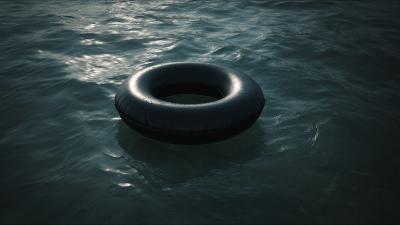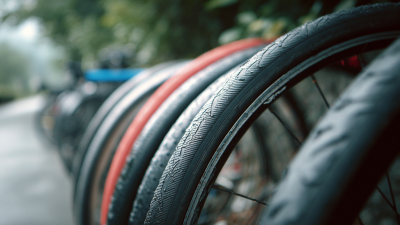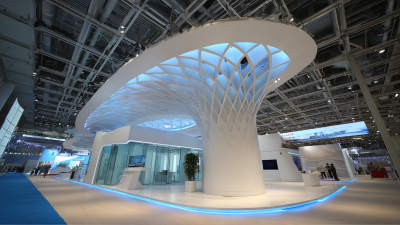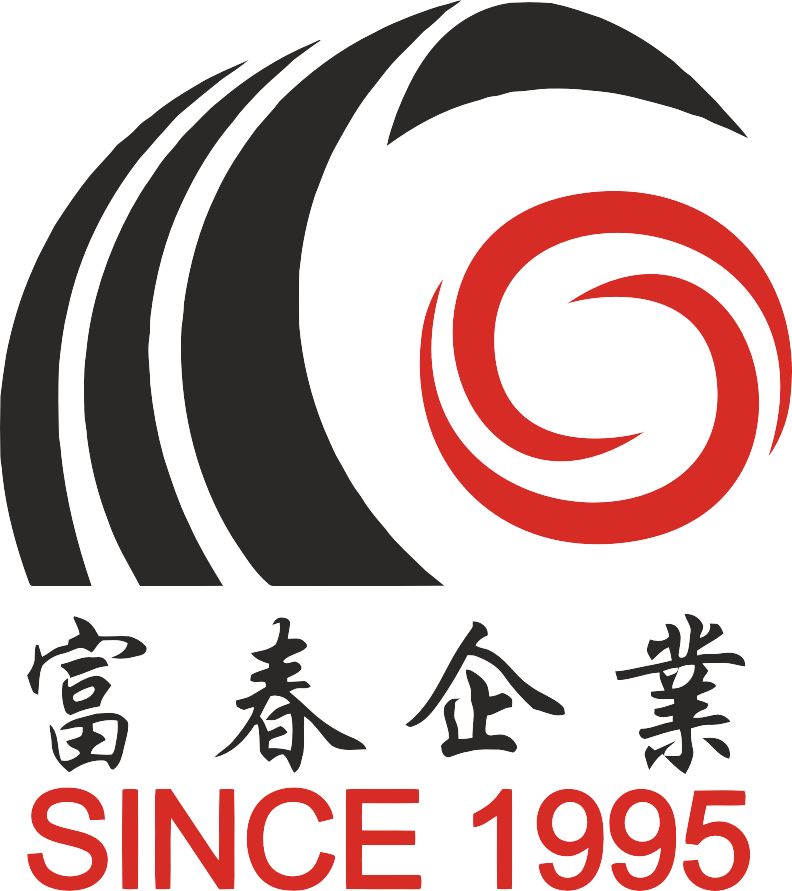Leave Your Message
When it comes to achieving ultimate performance and durability in cycling, the choice of inner tubes can make all the difference. According to industry expert John Smith, a leading figure in cycling accessories, “The right inner tube not only enhances your bike’s performance but also ensures a smoother, more reliable ride.” As cyclists increasingly seek the best products to enhance their experiences, understanding the nuances between various inner tubes becomes crucial.

The inner tube market offers a wide array of options tailored to different cycling styles and terrains. From road biking to mountain biking, the ideal inner tube will vary significantly based on individual needs and conditions. In this guide, we’ll explore the top 10 best inner tubes that stand out for their supreme durability and performance capabilities. Whether you’re a casual rider or a serious enthusiast, selecting the appropriate inner tube is essential for maximum efficiency on the road or trails.
Join us as we delve into these remarkable products, highlighting their features, benefits, and the technologies that contribute to their standout performance. With the right information at your fingertips, you’ll be well-equipped to make an informed decision and enhance your cycling experiences with the best inner tubes available.
When selecting inner tubes for high performance, it's essential to prioritize specific features that ensure durability and reliability. One critical aspect is the material construction of the inner tube. According to a recent report by the Cycling Industry, tubes made from butyl rubber are favored for their excellent air retention and resistance to punctures, reducing the chances of mid-ride failures. Meanwhile, for those seeking ultra-light options, latex inner tubes, despite their higher cost, can reduce rolling resistance by up to 10%, enhancing overall cycling speed.
Another vital feature to consider is the valve type. Presta valves are generally preferred by performance cyclists due to their lighter weight and ability to hold higher pressure, making them ideal for road bikes. A study published in the Journal of Bicycle Research indicated that proper tire pressure correlates directly with performance. Maintaining optimal pressure not only maximizes speed but also significantly contributes to the longevity of the inner tube. Therefore, when searching for the best inner tubes, cyclists should look for models that combine durable materials with user-friendly valve systems for an ultimate riding experience.
| Rank | Type | Size | Material | Pressure Rating (PSI) | Weight (grams) | Durability Feature |
|---|---|---|---|---|---|---|
| 1 | Road | 700 x 23 | Butyl | 120 | 200 | Puncture Resistant |
| 2 | Mountain | 26 x 2.1 | Butyl | 60 | 300 | Thicker Walls |
| 3 | BMX | 20 x 1.75 | Butyl | 40 | 250 | Reinforced Valve |
| 4 | Hybrid | 700 x 38 | TPU | 70 | 220 | Lightweight Design |
| 5 | Fat Bike | 26 x 4.0 | Butyl | 40 | 500 | Heavy-Duty |
| 6 | City | 26 x 1.95 | Butyl | 65 | 230 | Wear Resistant |
| 7 | Road | 700 x 25 | Latex | 130 | 180 | Low Rolling Resistance |
| 8 | Mountain | 29 x 2.6 | Butyl | 50 | 350 | Extra Thick |
| 9 | BMX | 24 x 1.95 | Butyl | 35 | 240 | High Tread Wear |
| 10 | Cruiser | 26 x 2.35 | Butyl | 40 | 280 | Comfort Fit |
When selecting inner tubes for your bicycle or other inflatables, the choice between rubber and synthetic materials can significantly impact performance and durability.
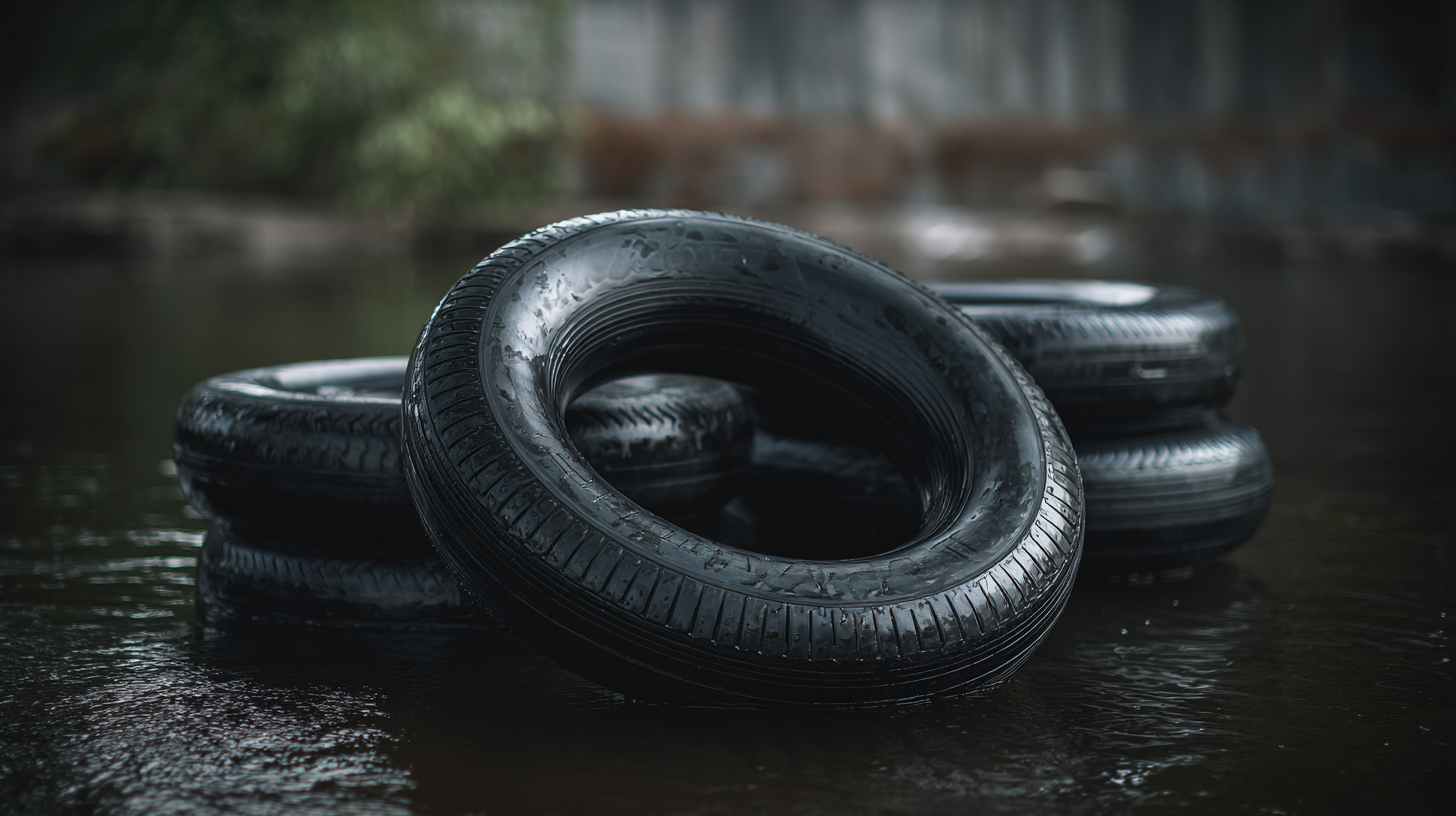 Rubber inner tubes have been a long-standing favorite due to their natural flexibility and strong resilience against punctures. They typically offer excellent air retention and can withstand various weather conditions, making them reliable for long rides or adventurous excursions.
Rubber inner tubes have been a long-standing favorite due to their natural flexibility and strong resilience against punctures. They typically offer excellent air retention and can withstand various weather conditions, making them reliable for long rides or adventurous excursions.
On the other hand, synthetic inner tubes, often made from materials like butyl rubber or thermoplastic elastomers, present unique advantages. These tubes are known for their lightweight properties and resistance to abrasion. Additionally, synthetic materials can provide better sealing properties, reducing the risk of air loss. However, they might not offer the same level of puncture resistance as traditional rubber tubes.
Tips: When choosing between rubber and synthetic inner tubes, consider your riding style and typical environmental conditions. For rough terrains, rubber tubes may provide better durability, while synthetic tubes may be ideal for competitive riders looking to minimize weight. Always check the compatibility of the inner tube with your bike's tires to ensure optimal performance. Additionally, investing in puncture-resistant tubes can save you from unexpected flat tires during your adventures.
The inner tube market has seen significant growth over the past few years, driven by increased cycling trends and the resurgence of recreational biking. According to a recent market analysis by Research and Markets, the global bicycle inner tube market is projected to reach $2.1 billion by 2025, with a CAGR of 5.2% from 2021 to 2025. This growth is accompanied by advancements in material technology, enhancing the performance and durability of inner tubes offered by top brands.
Leading brands such as Continental, Schwalbe, and Kenda have established their presence in the inner tube market by offering unique features tailored to various cycling needs. For instance, Continental's Race 28 provides lightweight performance with puncture protection, leveraging a technology that reduces weight by up to 30% without compromising durability. On the other hand, Schwalbe's Aerothan tube utilizes a thermo-polyurethane material, which boasts excellent resistance to punctures and remarkably lighter weight than traditional rubber tubes. These innovations not only improve the riding experience but also reflect each brand's commitment to sustainability and enhanced performance. As the demand for high-quality inner tubes continues to grow, consumers are increasingly turning to these established brands for reliable and durable solutions.
To enhance the lifespan of your inner tube, proper maintenance is essential. Research from the Bicycle Tire Society indicates that routine checks can prevent almost 65% of common tire problems associated with inner tubes. Regularly inspecting for punctures, cuts, or wear ensures that you can address small issues before they escalate into larger, more costly repairs. Cleaning your inner tubes and rims with mild soap and water, followed by a thorough drying, can also help minimize the risk of corrosion and seal degradation over time.
Moreover, maintaining the correct air pressure is crucial. According to a study by the International Cycling Union, riding with an under-inflated tube can increase the likelihood of pinch flats by over 30%. It's recommended to check the pressure with a gauge at least once a month and before any significant ride. Additionally, storing your bike and inner tubes in a cool, dry place will prevent premature aging and damage from UV exposure, thus extending their usability. Adopting these simple yet effective maintenance practices can significantly enhance the durability and performance of your inner tubes, ensuring a smoother riding experience.
Proper installation and inflation of inner tubes are crucial for maximizing the performance and longevity of your tires. To begin, ensure that you select the right size tube for your specific tire. Before installing, inspect the tire for any debris or punctures, as even small imperfections can lead to premature failures. Once you've confirmed that the tire is clean, carefully place the inner tube inside the tire, making sure it isn’t twisted or pinched. Begin by partially inflating the tube to give it shape, which helps prevent pinching during the final installation.
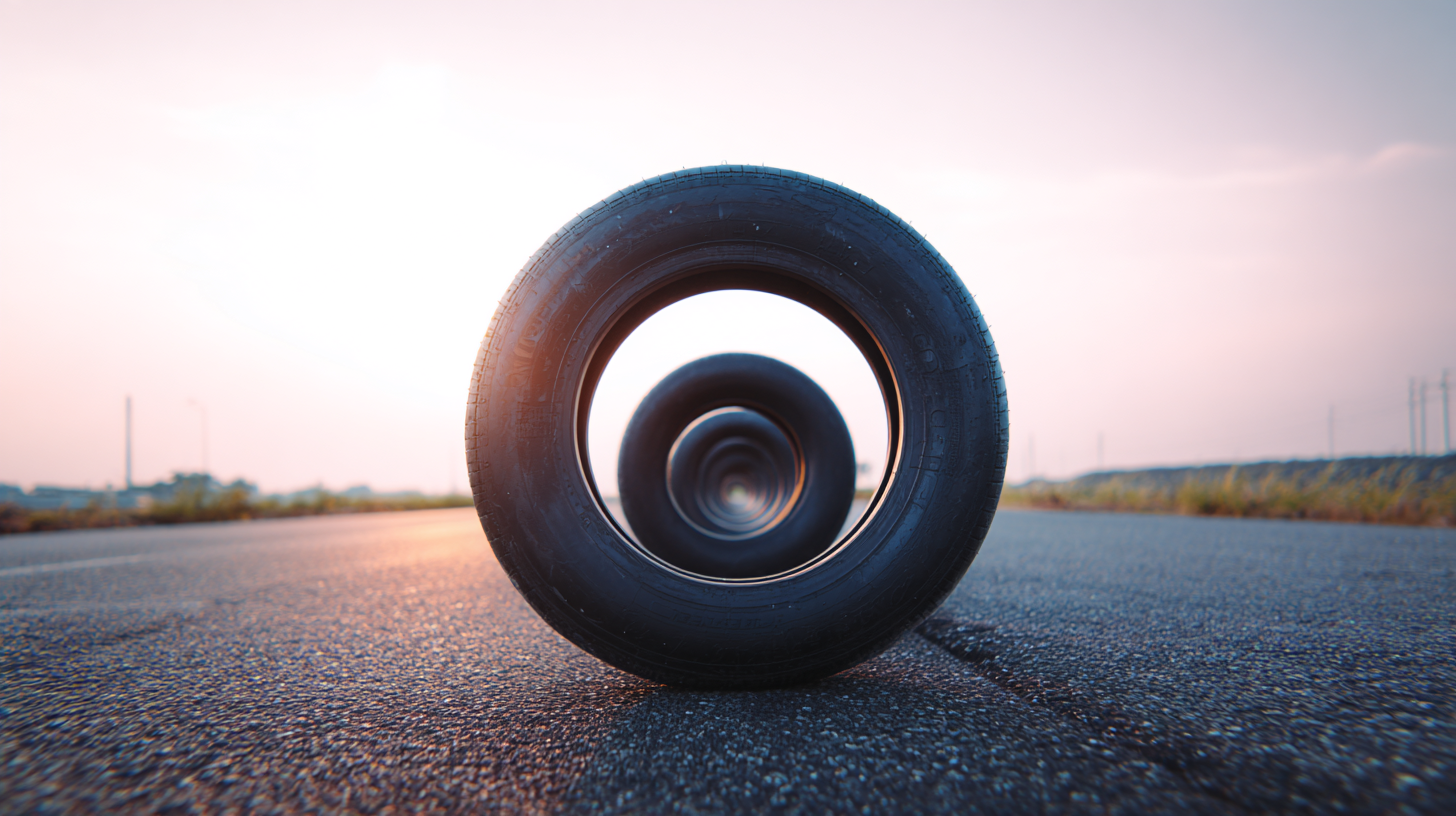
Inflating the inner tube correctly is just as important as the installation process. Use a reliable pump and inflate the tube slowly to your desired PSI, which can usually be found printed on the tire sidewall. Avoid over-inflation, as this can cause blowouts and decrease the tube’s lifespan. Additionally, check for any bulges, leaks, or improper seating once the tire is fully inflated; a properly seated tube is essential for optimal performance.
Regularly monitoring the air pressure and inspecting the tubes before rides will help maintain performance and ensure a safe and enjoyable cycling experience.

